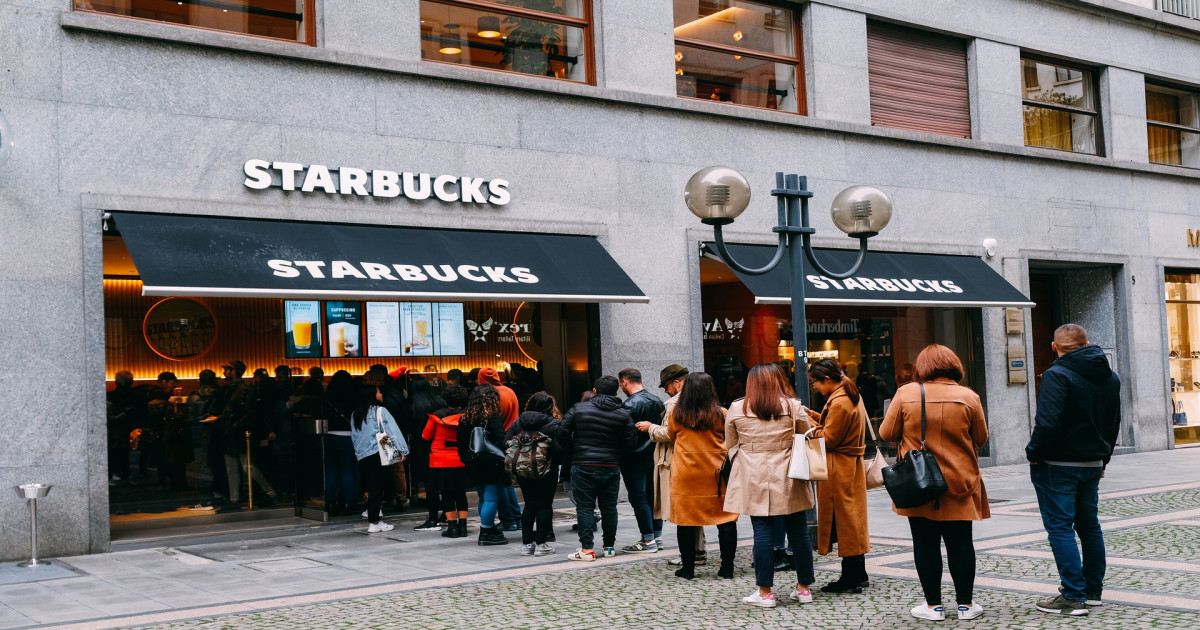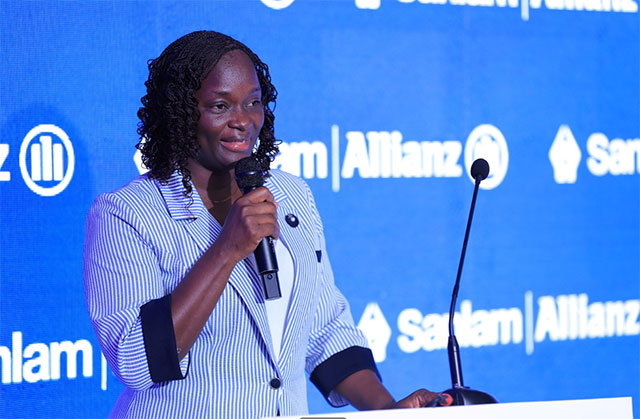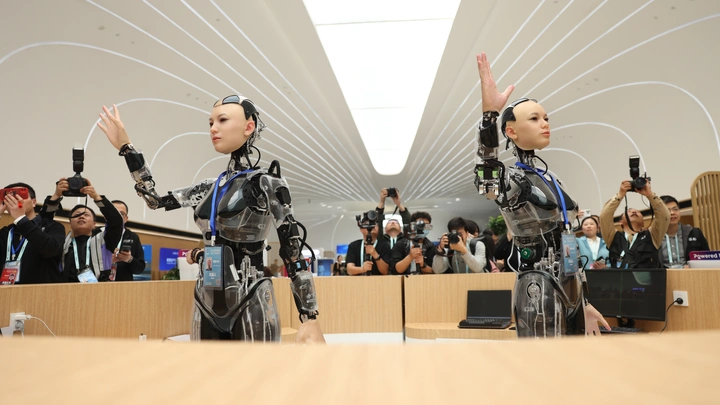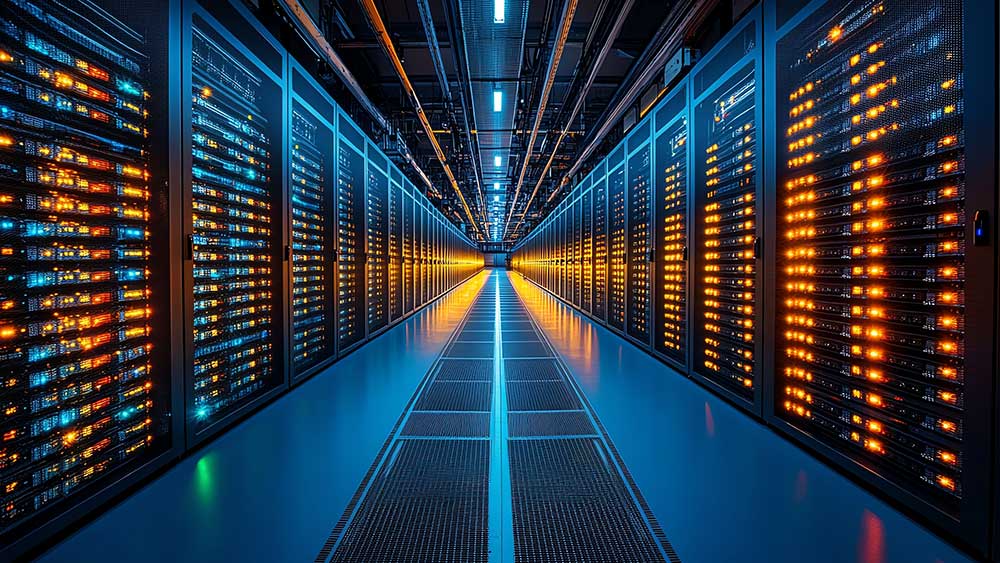Copyright The Street

An overall mixed week in terms of the major indices’ performances and the stock market’s reaction to earnings from big tech companies. The S&P 500 was up 0.71% this week, buoyed by Amazon and Robinhood’s gains on Friday. The tech-heavy Nasdaq Composite, up 2.2% over the week, was led strongly by an overall optimism around AI. The Dow Jones Industrial Average advanced 0.8% this week, with declines in Microsoft, Walmart, and other companies. The second-largest government shutdown, which started on Oct 1, has entered its second month. With Halloween celebrations over, worries over SNAP benefits are now at the center of the conversation. SNAP amidst government shutdown Amidst the $13.1 billion expected to be spent on Halloween in 2025, 66% is allocated for handing out candy, despite the inflated prices of chocolate over the past year due to tariffs. While news of candy recalls remains rampant, it did not deter families and businesses from stocking for their small, in-costume, customers. But, from November 1, the worry from costumes has shifted to something more basic: food. The government has temporarily suspended the SNAP (Supplemental Nutrition Assistance Program) program due to the ongoing government shutdown, citing that reserves are running low. While federal courts have ordered the government to continue funding for SNAP, states are using their emergency reserves in the meantime to ensure that people receive food assistance. President Donald Trump, in his Truth Social post, said, In FY 2024, the federal government spent $99.8 billion in SNAP benefits, amounting to $187.20 per participant per month. President Donald Trump’s Asia Tour The week also marked the end of President Trump’s Asia Tour, which concluded with the highly anticipated meeting with Chinese President Xi Jinping on Thursday at the APEC summit in South Korea. “Heading back to Washington, D.C. after a Historic trip to Asia!” President Donald Trump The trip was a success, with several new deals secured with South Korea and Japan, promising billions of dollars in investment in the US. Additionally, the US and China had several conversations regarding fentanyl tariffs, which were reduced to 10% from 20%. In exchange, China stopped its export controls on rare earths. Soybean export concerns, which have been putting US farmers in a difficult position, also found a resolution. Treasury Secretary Scott Bessent told a Fox Business reporter that China has agreed to purchase 12 million metric tons of soybeans this season and plans to buy at least 25 million metric tons of soybeans annually over the next three years. On the trip, President Trump posted that he met leaders of several countries. On tangible assets, gold prices closed 3% lower this week, remaining slightly above the $4,000 mark after consecutive declines that had earlier pushed it under $4,000. As it is earnings season, it will be a disservice to wrap this up without mentioning how the stocks of big tech companies performed after their earnings release. Amazon (AMZN) led the rally in terms of stock boost, up 9% on Oct 31st, a day after its robust earnings release. Meta (META) and Alphabet (GOOGL) faced initial backlash after they increased their capital expenditures on AI spending. Following Netflix’s (NFLX) 10% stock drop due to a one-time Brazilian tax dispute in its Q3 earnings, the company has announced a 10-for-1 stock split, effective November 17. It is now also in the running to bid for Warner Bros. Discovery’s (WBD) acquisition, according to a Reuters report. It has hired investment bank Moelis & Co. to evaluate a potential offer. It is the same bank that advised Skydance Media on its bid for Paramount Global. On a lighter note, Jensen Huang’s seemingly everyday actions, like eating out, are also enough to push stocks up. After he was found eating Korean fried chicken and beer with friends Lee Jae-yong (Samsung’s executive chairman) and Euisun Chung (Hyundai’s executive chairman), the stocks of publicly listed Korean fried chicken brands surged. The meeting was definitely more than a casual meeting with friends; it underscored future deals with the stalwarts of the auto and tech industry, with Nvidia announcing that Samsung, SK Group, Hyundai, NAVER, and South Korea’s government will deploy 260,000 NVIDIA GPUs, “powering sovereign AI, robotics, manufacturing and digital transformation across industries.” First Solar and Amazon emerged as the top stocks this week, up 14% and 9.6%, respectively, when the market closed on Friday. At the same time, Starbucks’ stock continued to decline despite improved earnings. First Solar outperforms America’s leading solar technology and manufacturing company, First Solar’s (FSLR) stock was up 14% on Friday, following its Q3 2025 earnings release on October 20. This marked a 51% year-to-date increase in its stock, highlighting its strong and sustained demand as the energy sector pivots towards renewable sources of energy. First Solar reported $1.6 billion in net sales and $4.24 earnings per share (EPS), driven by record shipments and sustained demand across its thin-film photovoltaic (PV) modules. Its contracted backlog of 53.7 GW, valued at $16.4 billion, extends through 2030, providing long-term revenue stability amid tariff and policy uncertainties. The US-based solar manufacturer continues to benefit from the global clean energy transition and the US Inflation Reduction Act (IRA), which incentivizes domestic manufacturing. Analysts are also bullish, with Bank of America raising its price target to $255 from $254, keeping a Buy rating, noting First Solar as “the structurally advantaged domestic supplier with durable pricing leverage and IRA/FEOC alignment,” as reported at TheFly. Amazon leads with Artificial Intelligence Here are Amazon’s key earnings, Q3 2025, highlights: $180.2 billion net sales, up 13% year-over-year $33 billion AWS revenue, up 20% Q4 guidance – $206-213 billion in net sales (+10-13% yoy) Amazon’s stock was up 9% on Oct. 31, marking a 13.7% advance this quarter. Amazon also detailed the launch of its Project Rainier, a 500,000-chip AI compute cluster to build and deploy Anthropic’s leading Claude AI models. Meanwhile, retail operations benefited from faster same-day delivery coverage, expanded grocery logistics, and robust engagement with AI shopping assistant Rufus. Jassy added that Amazon is “on track to deliver its Prime members at the fastest speeds ever again this year, expand same-day delivery of perishable groceries to over 2,300 communities by end of year, and double the number of rural communities with access to Amazon’s Same-Day and next-Day Delivery.” Analysts at Seaport Research raised their price target to $290 from $250, maintaining a Buy rating, citing strong Q3 results and a 20% gain in Amazon Web Services (AWS). RBC Capital’s Brad Erickson raised its price target for Amazon to $300 from $240, maintaining an Outperform rating, citing a better-than-feared Q3 report with a top and bottom-line beat, as noted on TheFly. Starbucks slips after Q4 earnings The stock of the American coffeehouse giant Starbucks (SBUX) fell 2.7% on October 30, marking a 6% decline in its stock for the quarter. The slip followed its cautious Q4 2025 earnings release on October 29, which also led to lowered price targets from several investment banks’ analysts. Here is how its earnings looked: Net revenue of $9.6 billion, up 5% year-over-year GAAP EPS of $0.12, down 85% from the $0.80 in prior year 27 store closures, mainly in North America $0.62 per share dividend announced Global Comparable Sales up 1%, for the first time in & quarters Starbucks’ Q4 report reflected cautious optimism amid restructuring. Niccol noted that the restructuring is paying off, especially in international markets. The company ended the quarter with 40,990 stores, emphasizing quality over quantity and cautioning that sustainable recovery will take multiple quarters. In addition, Starbucks continues to lean into strategic brand and experience plays to drive customers. The company has teamed up with Delta Air Lines to launch an immersive “In-Air Coffeehouse” experience for select SkyMiles members. Earlier in September, Starbucks also secured a high-profile marketing win by becoming the official coffee partner of both the LA28 Olympic and Paralympic Games and Team USA in a multi-year deal. Complementing these initiatives, Starbucks is now expanding its delivery footprint, announcing that 100% of eligible US company-operated locations will now support delivery through the apps already used by many, including DoorDash, Grubhub, and Uber Eats. “With more coffeehouses participating, delivery is faster, more reliable, and consistently high-quality,” notes its blog post.



